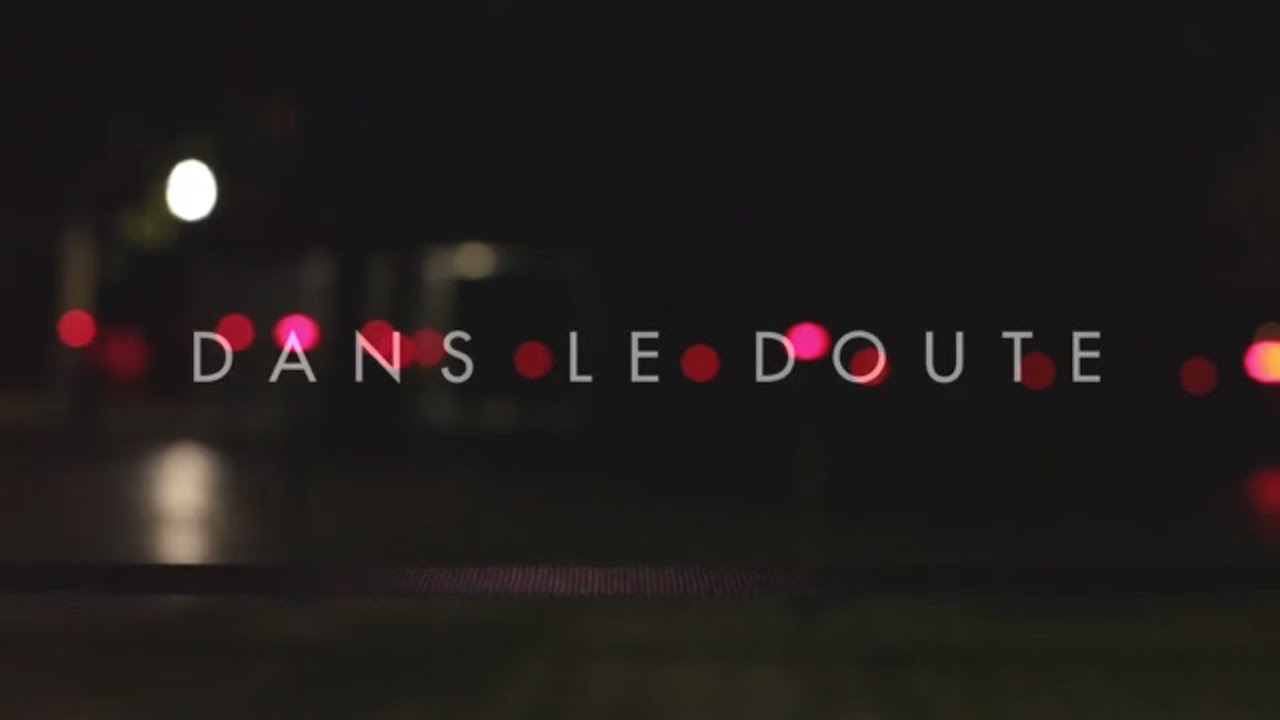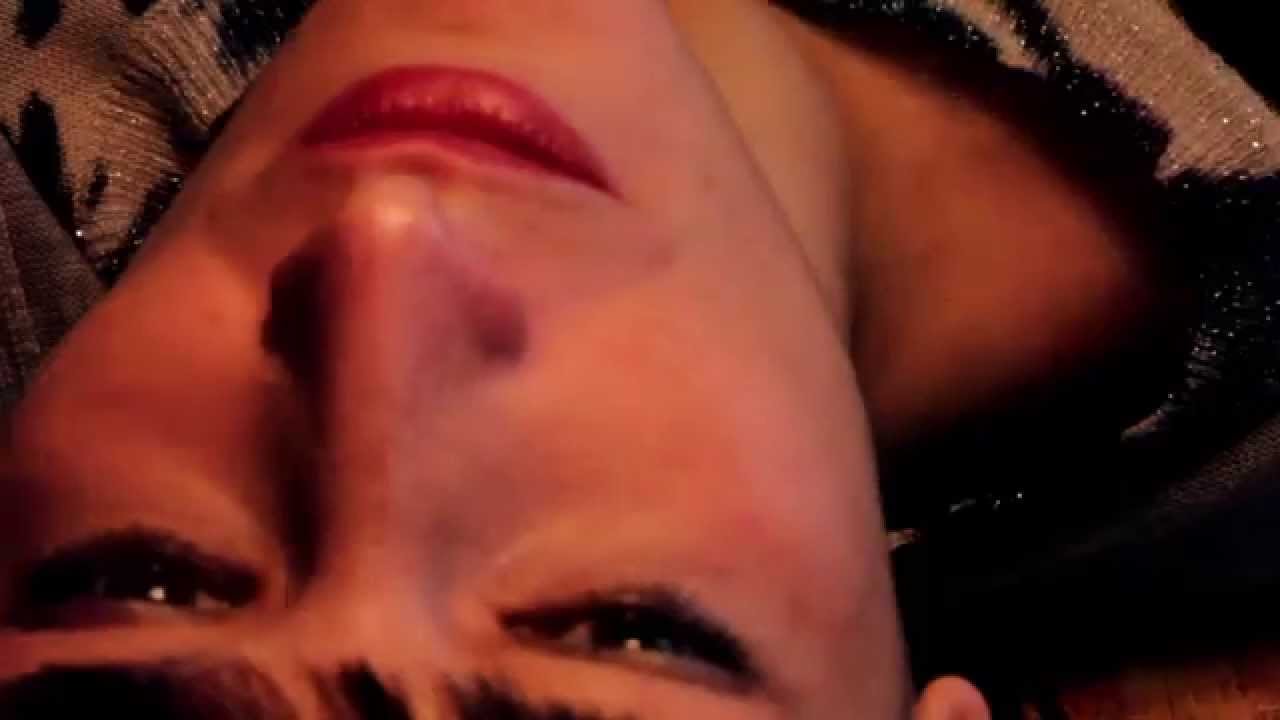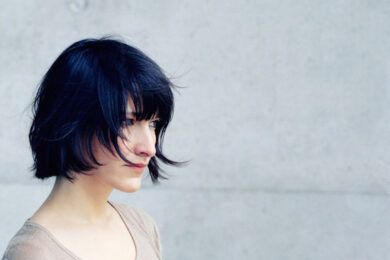On a recent trip to Paris I went to a conference about French underground rock from the late 60s and early 70s, at digital arts centre La Gaîté Lyrique. Plongez Dans L’Underground Français – Une Decennie Invisible, it said – an invitation to dive into the music of an "invisible decade". As well as giving me a new list of bands with improbable, glorious names to investigate – Moving Gelatine Plates, Art Zoyd and Etron Fou Leloublan – and a welcome refresher of some I knew already, the engaging talk by musician Franco Mannara also alerted me to a curious fact about the DIY groups that sprung up in France in the wake of May 1968: they were unashamedly ‘pop’, or at least ‘La Pop’.
Anglo-Saxon terminology tends to mark the same period, that of self-consciously greater conceptual and musical seriousness and the rise of the album as primary artistic statement, as the moment of the shift towards ‘rock’. In France, however, ‘rock’ applied to rock & roll and particularly its bowdlerised form yé-yé, formatted for teens and rendered moribund by marketing imperatives. It was showbiz, variété – it was part of the problem.
Meanwhile the French usage of the term ‘pop’ may be linked to the Pop 2 music programme on national broadcaster ORTF’s Second Channel (it was literally called that, ‘La Deuxième Chaîne’ ) which, for its few years of existence from April 1970 until the December 1973, was one of the few places the general public was likely to come into contact with this new breed of group from France, and elsewhere – Pink Floyd, Soft Machine, Procul Harum, the Velvet Underground and MC5 all featured. Around the same time (in October 1970), FLIP – Front de Libération et de l’Intervention Pop – declared in their manifesto that “Pop is something other than a market. It’s a new way of living that inevitably involves radical opposition to bourgeois society.” Pop was the sound of the radical moment, at the intersection of political currents from home and abroad (including the Black Panthers), free jazz, experimental film and theatre.
Mannara’s overview (heavily indebted, as he acknowledged, to the book L’Underground Musical En France by Dominique Grimaud and Éric Deshayes, the latter a founder of groups Camizole and Video Adventures) also divided these post soixante-huitards into loose musical families, such as ‘Les Dark’ for the extended Magma family, the electronic groups (the likes of Heldon, Fluence), and chanson ‘deviante’ to include Brigitte Fontaine and Catherine Ribeiro + Alpes. This last group brings to the fore something that all these artists were wrestling with: the legacy of France’s great popular art form. Chanson was something both to overthrow and reclaim – it was parodied and subverted but in itself that struggle with the form gave a record like Fontaine’s Comme À La Radio some of its uniquely French character.
Quite a lot of this was still on my mind when I made my way the following evening to one of the semi-regular nights organised by La Souterraine at Olympic Café, in an area in the north of Paris around Barbès and Château Rouge known for its Maghrebi and North African communities. La Souterraine translates as ‘the underground’ and it’s a loose collective of musicians centred around Benjamin Caschera, a publisher and manager of the Almost Musique label (Arlt, Mariee Sioux), and fellow radio presenter Laurent Bajon. Its stated intention is to promote the "French pop underground" and make “a contribution to future musical archeology”, which it does primarily through an evolving series of compilations on Bandcamp. For the live events, Caschera explains, they’ve been given a free hand at Olympic Café. They began the year with a three-day mini-festival and are continuing with events like this one, featuring three La Souterraine affiliates: La Féline, Rémi Parson and Maud Octallinn. Tying in neatly with the underground theme, the rough-and-ready gig area is in the basement of the cafe.
I’m interested in the terms by which an underground – with musical and political ambitions – constitutes itself today, in France, and what ‘pop’ means in this context. Mannera nominated one group in the Souterraine extended family, Aquaserge, as keepers of the 60s-70s underground flame and there’s definitely something of the chanson ‘deviante’ or ‘barrée’ (crazy) notion in Maud Octallinn’s songs, for example. This chanson-not-chanson vibe is part of what distinguishes La Souterraine (with occasional room for the deformed hip hop of Rhume, and some deliberately desiccated synth pop); Caschera and Bajon have stated that they search for new artists via the ‘chanson’ tags on Bandcamp and Soundcloud.
If there is an overt political ethos here, then it’s “Go Local, as a response to the globalisation of indie,” as Bajon put it in one interview. And one thing La Pop has in common with those 70s forebears is that it doesn’t have much to do with what’s actually popular – it’s as much about an approach, a sensibility, as it is about a particular aesthetic. In the broadest sense, though, it remains popular music and that fact alone means that, for a French artist, it automatically has a particular kind of baggage. If one of the problems facing artists of this generation is the sense of arriving too late, then there’s a further bundle of legitimacy issues French musicians have to deal with.
In that basement at the Olympic Cafe, I spoke to Agnès Gayraud, who makes music as La Féline and whose debut album Adieu L’Enfance is a negotiation with memory and a past that, among other things, is full of pop music. It’s a preoccupation that was already clear from her previous release, an EP of spring reverb-heavy covers (including Julee Cruise and Angelo Badalamenti’s ‘Into the Night’, ‘Johnny Remember Me’, traditional song ‘Le Roi A Fait Battre Tambour’ and a ‘cover’ of one of her own songs). La Féline’s songs have a kind of modesty, they’re frequently compact, poignant, brittle; they leave tiny lacerations but also flicker with optimism. They’re not what you might call classic ‘chansons à texte’, and that’s caused quite a reaction in the French music press.
It seems that, in 2015, a well-produced indie-pop album with accomplished French-language songs can still be perceived as a novelty. Did that surprise you?
Agnès Gayraud: No, sadly! I think it is an old inferiority complex of the french rock amateurs, since Lennon said that we were good for wine but not for rock & roll. The fact is, for historical and cultural reasons, to sing in French confronts you with two pitfalls, that are like the two antique monsters of Charybdis and Scylla – the Charybdis of ‘chanson à textes’ and the Scylla of ‘variété’, meaning you are either boring and scholarly or old and pathetic. And it is true that with such a tradition, you have to fight to find out a way to escape from those two risks. I think Adieu L’Enfance was welcomed as a successful attempt to face this challenge, and I am quite glad about it.
I like it when you sing “bon anniversaire” in ‘La Ligne de l’Horizon’, for example – it fits the song so well at that point it would be hard to imagine anything better in its place.
AG: My way to make French sound ‘pop’, but with its own grace, its own sexiness and even ability to move into abstraction, is to look for the lyrics while singing. I hardly ever write the text first and then the music – they are intimately associated in the creative process. It is always better when the words sound absolutely necessary, when we have the feeling this word and this sound work perfectly together.
You studied philosophy and wrote your PhD on German theorist Theodor Adorno. Is your vision of pop partly a way of reckoning with Adorno’s withering contempt for popular music?
AG: Adorno is a pop music hater, but a very curious one. He wrote somewhere that "light music" was evil, and that a conscious sociology should work to prove it. He writes about it in the early 40s but he already understands many of the contradictions pop music is still confronted with today. He is the first to identify polemically the "culture industry" as opposed to "mass culture", highlighting the contradiction of works of art, supposed to be unique, produced in a factory process, stereotyped – he says "standardised" – to be spread around the world. The case of pop music as a standardised music, even if you criticise it, is a central aspect of pop’s self-definition. I love the KLF’s Manual for that: they seriously contend with the inauthenticity of pop music and it is hilarious at the same time. They embrace it, showing pop music’s own awareness of its affinities with things that have nothing to do with art: advertisements, memory, even stupidity and low-end fun. That is what Adorno misses in the end: the capacity in pop subjects for dialectics and thus the possibility of an inner resistance inside of pop music’s realm of inauthenticity. Making pop music is always dealing with this feeling of inauthenticity; it is pure insecurity. That’s at least the way I live it, with my friend Adorno in the back of my head.
In ‘Dans Le Doute’, you also sing “Je repense à ma mère" ("I think of my mother again"). It reminds me of John Cale’s ‘Dying on the Vine’ – “I was thinking about my mother. I was thinking about what’s mine.” Do you know it?
AG: Yes I do, and I love that song. And what I liked is that this reminiscence perfectly fitted with what I meant in the song. I love the pathos of this line sung by the cold and distant John Cale, I like this paradox. And I like that in this line in ‘Dans Le Doute’ – you have both this pathos and the formal aspect of a pop quotation.
On the album, the song ‘Moderne’ appears to be about the difficulty of living in the present.
AG: Yes, in a way. I think that is the formula for melancholia. But I mean also something about a feeling I think we have, all listeners of pop music, that the expectations for pure avant-garde have become vain. In the background of that song you can hear people – people I recorded at La Maroquinerie music venue in Paris – debating the newness of what they’ve just heard. One of them says, "Ca pourrait être n’importe qui" – "It could be anyone," about the singer they just saw, meaning like in Ecclesiastes in the Bible that there is nothing new under the sun. I think modern is better, but modern is also a 20th-century conception of art, and maybe we should look for other criteria to experience music.
On that note, the album references the 80s and maybe is about the 80s in a way – the intro to the lovely title track is not far removed from Visage’s ‘Fade to Grey’ – but it doesn’t feel calculatedly retro. Do you feel any pressure to be modern or fashionable?
AG: I think being retro is always fake, as fake as to pretend that you are totally new. Some sounds of the album are reminiscent of the 80s because they are made with instruments of the time – a Roland JX-3P synth, a TR-808 beatbox – and because I cherished those kind of sounds on the radio when I was a kid, but I wasn’t so eager to fit especially to an 80s sound. I wanted to make it mine, and to make it sound contemporary, because I am a French Parisian woman living here in the 2010s and nothing can be changed about that. I wanted this album to be true. Pretending to be retro would totally change its original intention. I also think that synth and beatbox correspond perfectly to the reality of our urban democratic and sometimes quite precarious lives – you try to escape with some cheap sounds you create on your computer. Let’s not pretend we create our music in castles with a string ensemble.
Do you find the sound of synthesizers in certain early 80s songs almost unbearably poignant?
AG: I do. When I listen to Andie Oppenheimer, from Oppenheimer Analysis, for example – he has a song, ‘All This Modern Wonder’, that inspires me a lot, or when I listen to the Magnetic Fields. ‘Smoke and Mirrors’ is one of my favourite Stephen Merritt songs. Maybe it’s because I first heard these sounds when I was a child. I was especially amazed at the time by Berlin’s song ‘Take My Breathe Away’, from the Top Gun soundtrack. The descending low and thick sound, it sounded so deep to me! I was told later that Moroder had produced the song. More deeply, synths have to me both powers of minimalism and of epic grandiloquence, with the layers imitating the amplitude of orchestra but with a bit of artificial effect, and the tiny expressive sounds of a monophonic synth like the Korg Ms-10 that we used at one point in the record [Xavier Thiry, one-time member of the live La Féline band, worked on the album]. I’ve written the beginning of a eulogy for synths which I may publish on my blog one of these days.
Your blog includes disquisitions on subjects from musical collaborators such as Mondkopf [who was involved in the early stages of the album] to Werner Herzog and Lana Del Rey. Do you feel different when you’re observing pop rather than making it?
AG: I used to think of my philosophical research and my experience of pop as contradictory. The blog and the possibility to write about other musicians revealed the connection that I missed between those two sides of my brain. I do not write songs with concepts, and I sing them with even less of a philosophical consciousness – at that point, consciousness is my enemy. But making pop isn’t only about creation and interpretation and, at one point, thinking about Lana Del Rey’s glamour helped me to understand a certain feminine position in current popular music which I am part of. Moreover, as a musician, I am first a music listener, an empathic individual, fascinated by pop stars. To express that confirms my aesthetics, my line of taste and, I suppose, gives another strength to my musical choices as a composer.
When I first interviewed you a few years ago, I rather flippantly asked you to compare La Féline to a city. You said it would probably be a place in the provinces because the band felt like outsiders, dreaming of making it in the capital – even though you were already living there. Do you still feel like an outsider?
AG: I still do, even if the audience I got with Adieu L’Enfance is much wider than it was then. And even if, I must say, I was amazed by the very eloquent and personal reviews I read. People took it to heart, and I feel grateful for that. I’m always surprised when I read that La Féline is trendy. But I suspect it’s the child in me, the feeling of being outside, like in our song ‘Les Fashionistes’, seeing it all from afar. For sure, something has changed in France. With La Souterraine, we feel like we’re building a community of outsiders, people who sing in French but who are underexposed. I am apparently the most popular band in this microcosmos, and it is quite rich and exciting.





